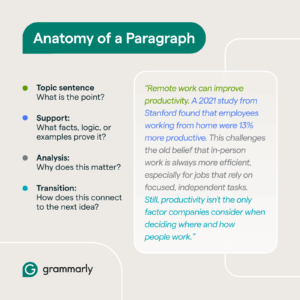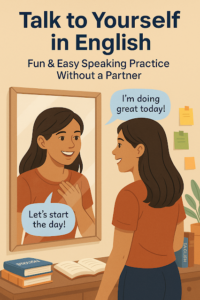Download free lesson PDF
Advanced Vocabulary Course
In English, we don’t just walk… we stroll, march, shuffle, limp, and pace. Each word paints a different picture – and using the right one can make your English sound way more fluent and expressive.
In this lesson, you’ll learn 20 more advanced alternative words for “walk” and when to use each one. So get ready to level up your vocabulary! And make sure to download today’s lesson PDF and quiz.
stroll / amble / mosey / saunter
All meaning to walk in a relaxed, leisurely way
She strolled along the beach at sunset.
We spent a few hours ambling through the art gallery.
They’ll probably mosey down to the shops after lunch.
He sauntered over to the bar and ordered a drink.
Note: “Stroll” can be both a noun and a verb. So you can also say “We took a stroll through the park” or “Let’s go for a stroll.”
stride
To “stride” means to walk with fast, long steps. “Stride” usually carries the idea of walking with energy and confidence:
- The speaker strode across the stage and took the microphone.
pace
The word pace means specifically walk back and forth, especially when nervous or bored
- Barry paced in the hospital, waiting for the doctor to bring news about his wife and the baby.
stagger / totter
These mean to walk unsteadily, looking like you’re going to fall down. “Stagger” has more of a sense of heaviness than “totter.”
- The drunk man staggered across the bar.
- The baby tottered and then fell down.
traipse / trudge / plod
These mean to walk heavily/tiredly and slowly:
- I never go shopping with my wife – I can’t stand traipsing around the mall from store to store.
- The exhausted group of hikers trudged up the mountain.
- The lazy donkey plodded down the trail.
march
To walk at a consistent speed in rhythm with other people – this is often used in a military context.
- The soldiers began marching at the general’s command.
A person can also march alone when they walk directly and with purpose, for example,
- He marched into the store and demanded to speak to the manager.
strut / parade
To walk in a proud way, trying to show off and impress other people:
- She strutted around the party in her fancy designer dress.
shuffle
To walk sliding your feet along the ground.
- I woke up at 4 A.M. and shuffled to the bathroom.
roam / wander / meander
To travel or walk about with no specific purpose or direction. “Roam” often has a sense of being over long distances.
- We roamed the streets of the city, looking for something interesting to do.
- Keep an eye on the kids to make sure none of them wander off.
- The teenagers meandered around the mall.
limp
This means to walk with an uneven step, as when your leg is weak or injured:
- The soccer player limped to the sidelines after twisting his ankle.
tiptoe
And finally we have tiptoe, which means to walk very quietly and sneakily, only stepping on the front part of your foot and not on your heels.
- I tiptoed out of the room so as not to wake the baby.
Do you think you can use these advanced words for walk in the correct situations?
Go ahead and download the quiz to test yourself! And try to create your own example sentences so you’ll remember them even better.
If you’re looking to level up your English skills, check out my Advanced Vocabulary and Collocations Course, which will help take your vocabulary from average to amazing. You’ll learn over 1000 high-level words so you can sound more intelligent, sophisticated, and fluent.




